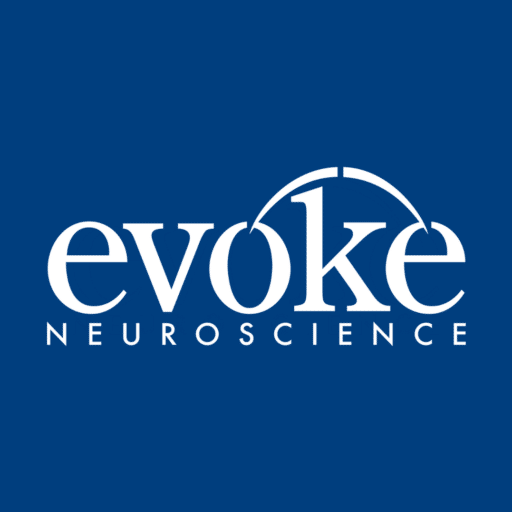Electrophysiology stands as a formidable force in modern healthcare, playing a pivotal role in patient health management and care planning across various medical domains. In this article, Evoke Neuroscience delves into how electrophysiological studies wield their influence on patient care, from diagnosis to long-term health management.
Diagnosing Conditions with Electrophysiology
Electrophysiological studies are often the vanguard in patient care, providing invaluable insights for accurate diagnosis. For instance, cardiac electrophysiology studies (EPS) scrutinize the heart’s electrical system, allowing clinicians to diagnose conditions like Arrhythmia. Fundamental investigations like Electrocardiograms (ECGs) and Holter Monitoring unravel critical information about heart rhythm and electrical conduction abnormalities.
Beyond cardiology, electrophysiological studies such as Electroencephalograms (EEGs) and Nerve Conduction Studies (NCS) are indispensable for diagnosing a spectrum of conditions, including Epilepsy, Neuropathy, and Multiple Sclerosis. Electromyography (EMG), a technique that measures electrical activity in muscles, proves instrumental in identifying neuromuscular diseases. Importantly, these studies often uncover hidden or asymptomatic conditions, enabling early intervention and significantly improving patient outcomes.
Electrophysiology in Treatment Planning
Electrophysiological studies serve as guiding lights for clinicians in crafting precise care plans for patients. In conditions like Arrhythmia, these studies help determine a patient’s risk profile, shaping decisions regarding aggressive interventions versus conservative management.
In cases of Epilepsy, the observations from an EEG aid in the selection of the most appropriate treatment strategy, whether it be medication, surgical intervention, or alternative therapies like Vagus Nerve Stimulation. Additionally, ongoing electrophysiological studies are instrumental in evaluating the effectiveness of treatment and facilitating necessary adjustments to the care plan as the patient progresses.
Electrophysiology in Long-Term Health Management
The influence of electrophysiology extends far beyond initial diagnosis and treatment planning, leaving a lasting impact on long-term health management. Devices like Implantable Cardiac Monitors (ICMs) diligently monitor a patient’s heart rhythm over extended periods, enabling healthcare providers to adapt treatment strategies as required.
Furthermore, the insights garnered from electrophysiological studies inform tailored lifestyle recommendations. For instance, patients with arrhythmia can receive guidance on stress management techniques that mitigate potential triggers. Additionally, in cases of stroke or spinal cord injury, electrophysiological studies play a pivotal role in assessing neural damage and recovery, which significantly informs rehabilitation strategies.
A Catalyst for Patient-Centric Care
Ultimately, electrophysiology equips healthcare providers with a powerful toolkit to deliver patient-centric care. By comprehending the nuances of individual differences in electrical activity, electrophysiology enables the tailoring of therapies to the unique needs of each patient. Armed with the insights gleaned from electrophysiological studies, patients become active participants in their healthcare journey, making informed decisions and fostering a collaborative relationship with their healthcare providers.
In conclusion, electrophysiology stands as a cornerstone of modern medicine, revolutionizing patient care by providing precise diagnostic information, guiding treatment plans, and contributing to long-term health management. Its ability to personalize care and empower patients makes it an indispensable asset in the pursuit of improved healthcare outcomes Evoke Neuroscience.
